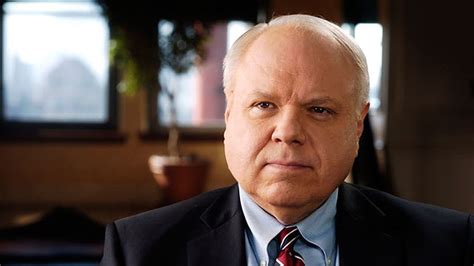A Quote by Robert P. Murphy
Those who controlled private capital largely walked away from the US economy for the entire 1930s, refusing to pump in enough new investment even to replace the machinery and goods-in-process that were consumed during the decade.
Related Quotes
In real estate you can avoid ever having to pay a capital gains tax, decade after decade, century after century. When you sell a property and make a capital gain, you simply turn around and buy a new property. The gain is not taxed. It's called "preserving your capital investment" - which goes up and up in value with each transaction.
When the telecoms system in the U.K. was made to compete and to seek private capital, many worried that the service would get worse and there would be a further shortage of investment. They were wrong on both counts. Technology was transformed, and investment soared. Prices went down; choice and usage went up.
Government investment unlocks a huge amount of private sector activity, but the basic research that we put into IT work that led to the Internet and lots of great companies and jobs, the basic work we put into the health care sector, where it's over $30 billion a year in R&D that led the biotech and pharma jobs. And it creates jobs and it creates new technologies that will be productized. But the government has to prime the pump here. The basic ideas, as in those other industries, start with government investment.
The alternatives [to the stimulus packages] were to do nothing or, worse, effectively replicate the Premiers' Plan of 1931 when governments cut expenditure, thereby compounding the problems created by a private sector already in retreat. The result, of course, was an economic rout, appalling unemployment and a decade of negligible growth through the 1930s


































